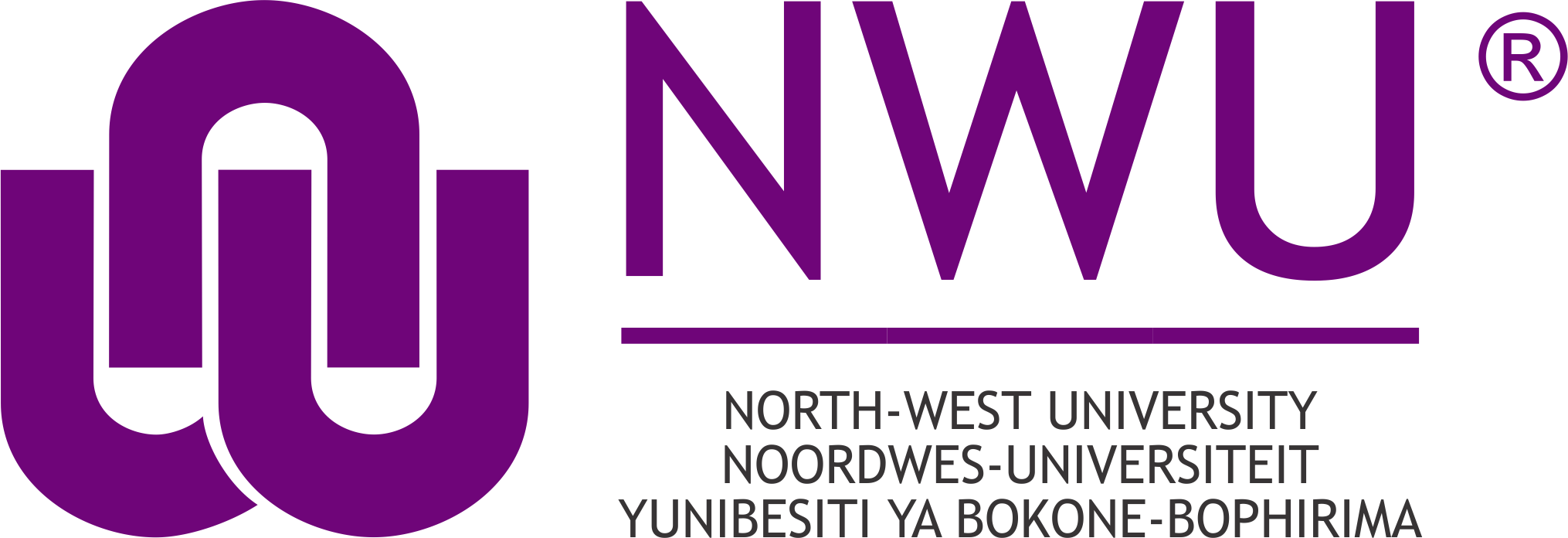NWU and stakeholders collaborate to assist visually impaired
On 10 July 2019, the plight of visually impaired individuals in the North West Province came under the spotlight.
The North-West University (NWU) in collaboration with the South African Library for the Blind and the Department of Culture and Traditional Affairs (CATA) hosted a workshop to train public library staff members who render services to the visually impaired, as well as the visually impaired themselves.
The SASOL Foundation provided the funding for the event.
The main purpose of the workshop was to share advanced skills and expertise with library staff and the visually impaired, addressing different needs.
Tsholofelo Thulare from CATA discussed a presentation prepared by Andrew Sam from Wits University on assistive technology.
Assistive technology is an umbrella term that includes assistive, adaptive and rehabilitative devices for people with disabilities such as the visually impaired.
"Assistive technology plays a key role in breaking down barriers for people with sensory, physical or cognitive impairments. It is intended to help them reach their full potential, granting them greater freedom and independence to fully participate in society," said Thsolofelo.
Assistive technology for the visually impaired include screen and video magnifiers, reading machines, scanners and OCR software, Braille and tactile technology, alternative hardware and digital formats such as e-books and audio.
Martie Esterhuizen, manager of information services at the NWU's Library on the campus in Mahikeng, said the university's Disability Rights Office is working hard to ensure that people with disabilities have equal access across the three campuses.
"The Disability Rights Office offers support for various disabilities by creating an accessible environment to make learning possible for everyone."
According to Manare Tshenye, senior manager of library and information services, the library on the campus in Mahikeng has also identified an area for exclusive use by the visually impaired.
During the workshop, Siyabulela Lucas, who is visually impaired, encouraged fellow participants who share the same disability to take advantage of the assistive technology offered.
"We need to lead the disability struggle by using these technology devices presented to us to make our lives easier."
After the theoretical part of the workshop, participants also had the opportunity to take part in practical training, on using various assistive devices, with instructors close by to assist.
